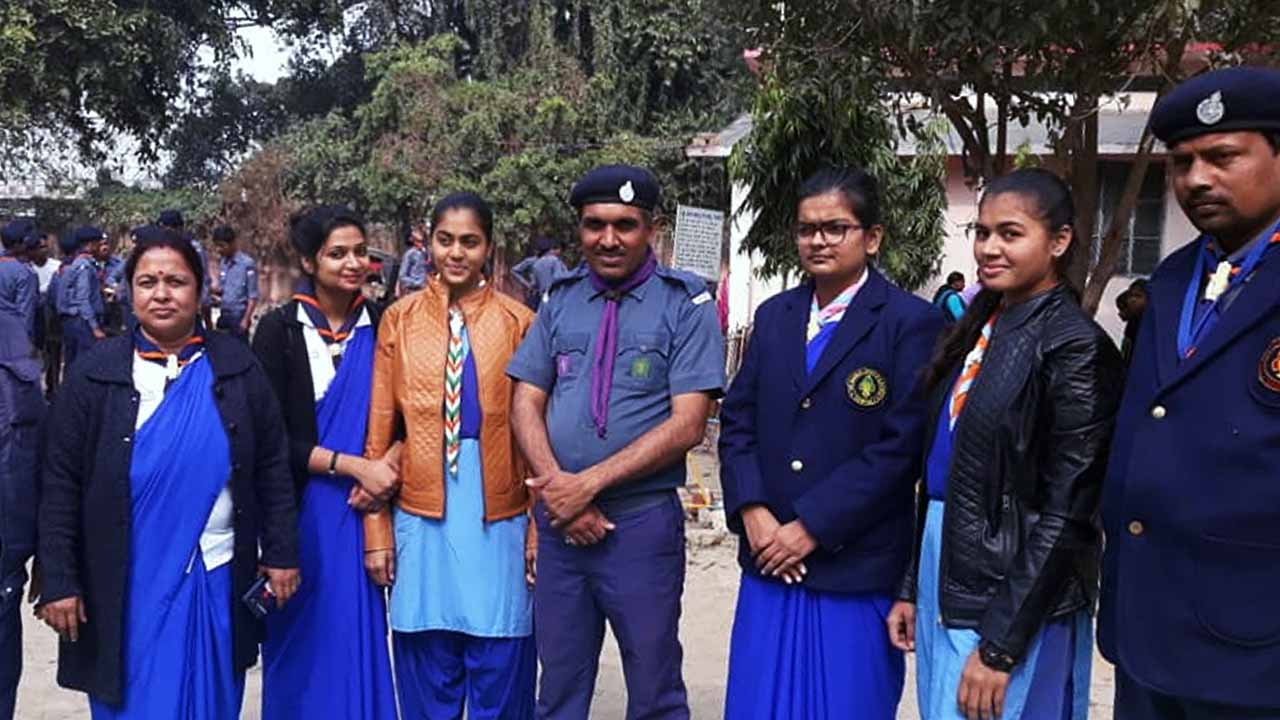Rituraj, 33, emerged as a ray of hope for the fight against the single-use plastic campaign during the year 2021. He is an active campaigner for the United Nations Environment Programme (UNEP)-led Tide Turners Challenge, a global youth movement that fights plastic pollution. He has encouraged 50,000 youth to join the campaign against single-use plastic, and is now helping the government to run programmes to increase awareness about plastic pollution in every school of Bihar.
Rituraj says, “I strongly feel that change can come only when we help youth and communities find solutions. We need to ensure that our society stops using single-use plastic products, so that we can free the beautiful Mother Earth from the menace of this plastic.”
While Bihar state is landlocked, large amounts of plastic waste contaminate its rivers, principally Ganga, and end up in the ocean. Plastic pollution is not only a problem, but also a major health hazard, as it pollutes the air due to the toxic fumes released while burning of waste. Single-use plastics are the biggest cause of this pollution.
Gayatri Raghava, the coordinator of UNEP’s Tide Turners Challenge campaign in India, says, “Rituraj is an example of how the activism of local youth can bring about a positive change in nature.”
The problem of plastic pollution is global. Human activities generate 300 million tonnes of plastic waste every year, of which about 8 million tonnes end up in the ocean. Plastic production has increased 22 times in the last 50 years. Yet in 2015, only 9 percent of plastic was recycled.
Rituraj, along with running a cleanliness campaign, has lobbied governments to join the fight against plastic. He filed a petition on the use of plastic with top government officials in Bihar in April 2021. Two months later, the state banned the production and distribution of single-use plastic products, including plastic cutlery, water pouches and flags. In October, Bihar state officials endorsed Rituraj’s plan to have 15 anti-plastic campaigners in every school.
Samar Bahadur Singh, District Education Officer, Vaishali said, “Rituraj, through his single-use plastic eradication campaign, has been able to bring about a qualitative change in the thinking and behaviour of the people. Played an important role in building a team of ‘Plastic Warriors’ in schools. Many congratulations to them for performing.”
Rituraj and his Scouts and Guides are supporting India’s National Mission for Clean Ganga and UNEP’s 2019 Countermeasure Initiative. Their job is to identify where and how land-based plastics are entering waterways – such as through rivers and canals, which merge into the ocean.
Globally, there has been an increase in local activism and government actions on single-use plastics, plastic recycling and community sanitation, according to a recently released report by UNEP, From Pollution to Solution. The report suggests that “the current situation is a mixture of varying business practices and widely national regulatory and voluntary arrangements.”





























